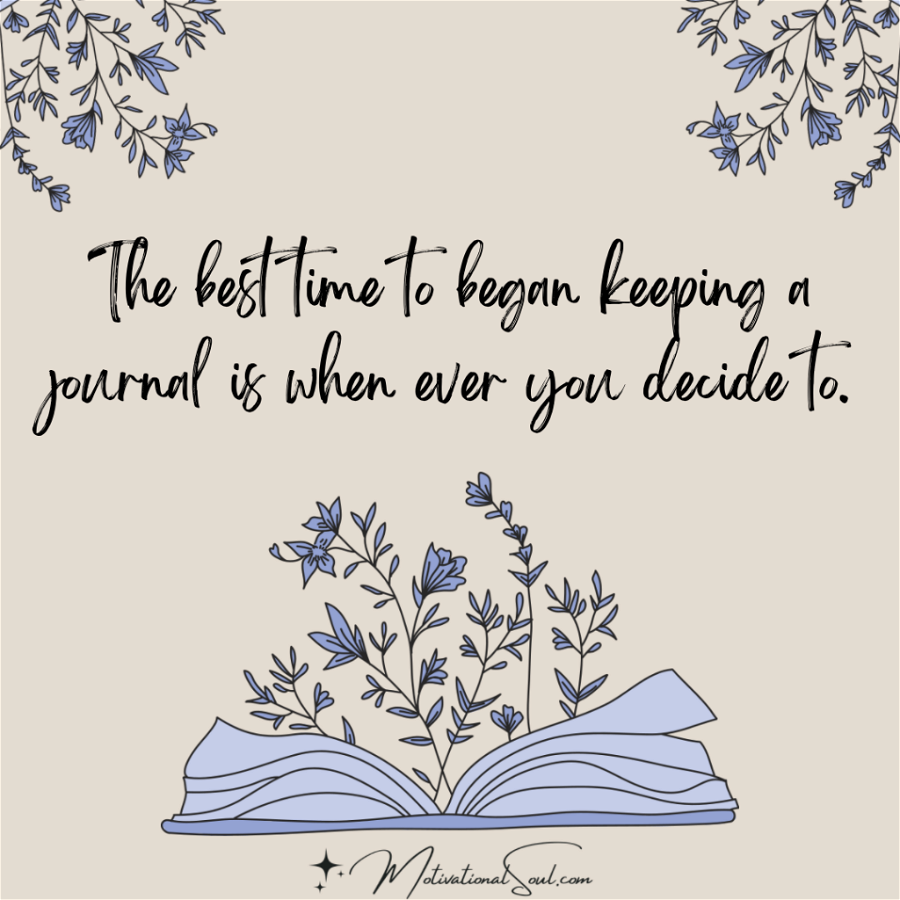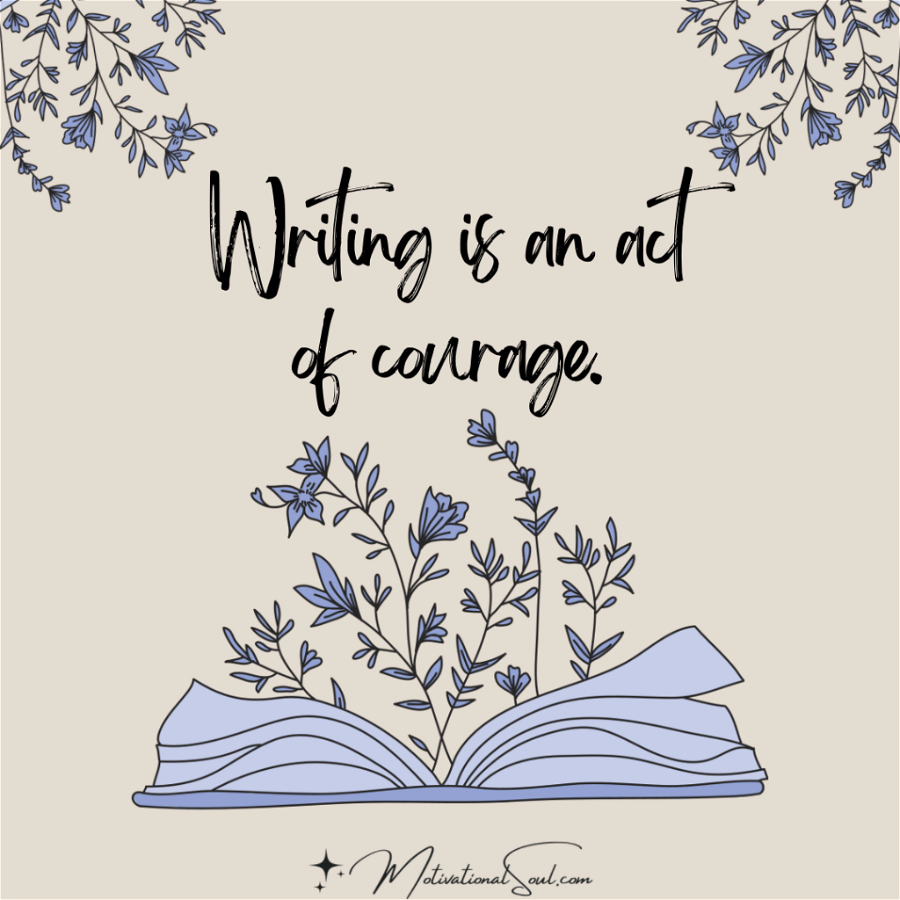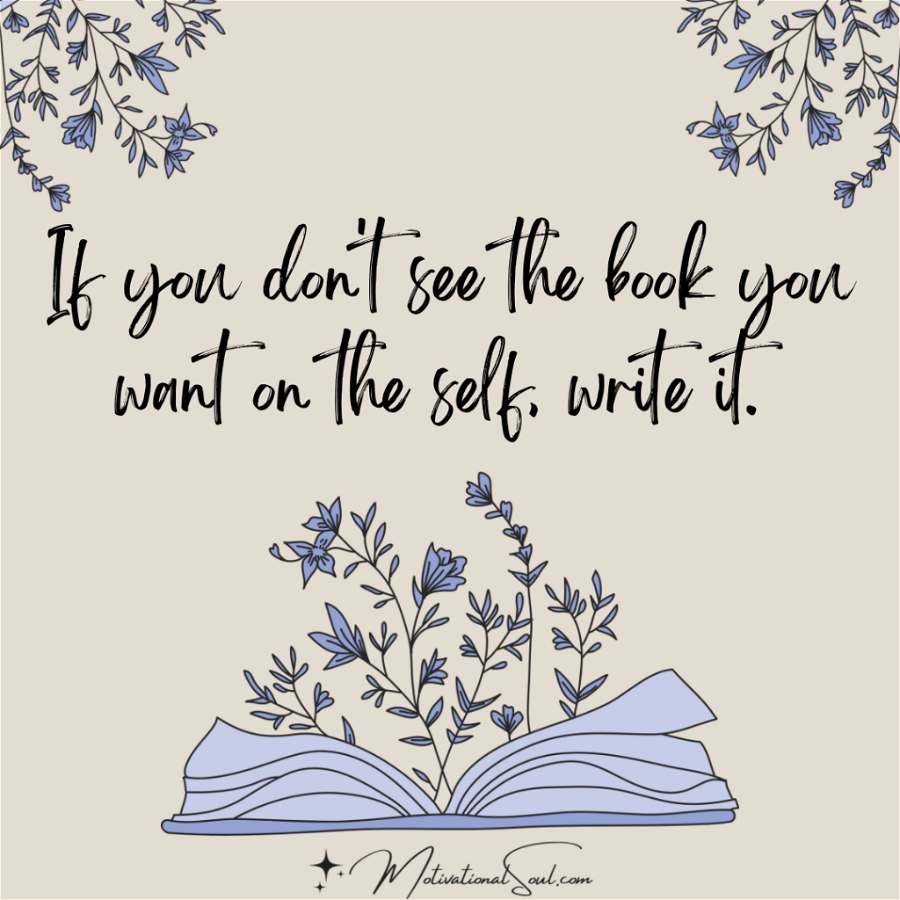Start Journaling Today and Watch Your Self Improvement Soar!

Hey there! If you’re like me, you’re always looking for ways to improve yourself. Well, I’ve got some great news: journaling can help you do just that!
Keep reading to learn more about the benefits of journaling and how to get started. Trust me, your future self will thank you!
Why journaling is good for you
Starting a journaling practice can be incredibly beneficial for your self improvement. Writing down our fears, worries and concerns can help to put things into perspective and prioritize the problems that really need to be solved. It’s also useful to take notes on ideas, as well as positive events that have happened during the day, allowing us to better process our feelings. As you start keeping records of your life experiences and thought patterns, you will begin to spot patterns in your behavior and find solutions for more effectively managing them. Journaling is an invaluable tool for growth, and encourages greater clarity, increase in self-awareness and improved emotional wellbeing. So don’t hesitate – start up your own journaling practice today!

How to get started with journaling
Journaling is an empowering way to track your progress, explore creative ideas and gain personal insights. It’s so much more than just writing down your thoughts – it can help you grow and evolve in amazing ways. But how do you get started? Find the journaling techniques that work for you.
Don’t be afraid to experiment – use different mediums like drawing, creating collages or adding photos – and let go of judgments (write for your eyes only!). Keep expectations realistic: you don’t need a full page every day – even five minutes here and there can be really helpful. Finally create a writing routine: maybe once a week or before bedtime – whatever works for you. And remember: it’s all about self-acceptance and owning your journey!

What to write about in your journal
Writing in a journal is an incredibly simple and effective way to become more mindful and improve your personal well-being. Take some time out of each day to put your thoughts down on paper and make yourself accountable to goals you want to achieve. Write down your short and long term goals, and keep track of your progress as you go.
Journaling can also be used a great coping mechanism; if you’re facing stress or hardship, capturing it in words is the perfect way to work through problems and come up with strategies for overcoming them. It’s also important to not just focus on negatives – expressing gratitude daily is key for positivity. Write three things you are grateful for every day, and end each one with REASON, to really get into why those things have impacted you in a positive way.
Ultimately, journaling allows us to look inwardly at others – take some time out of each day to think about what the best thing that happened today was – writing it down will help reinforce those moments!

How often to journal for maximum benefits
Journaling is becoming more and more popular as a self-improvement tool, and it’s no wonder why – it really works! Researchers have found that by journaling for at least 15 minutes a day, three to five times a week you can reap huge benefits. Not only will your confidence levels skyrocket, but you’ll find yourself feeling better in all aspects of life. Starting a journaling practice today doesn’t have to be daunting; it can be the positive boost you need to level up your well being. Just remember, set aside those 15 minutes every couple of days and watch the improvement happen!
Tips for making journaling a habit write in points
Journaling is an extraordinarily powerful self-improvement tool and one of the best ways to take stock of who you are and what you want out of life. To get the most out of journaling, it’s important to make it a habit. Find the techniques that help you write and stick with them – whether you prefer free writing or lists, poetry or prose – then let go of any expectations for perfection and just write for yourself.
Find prompts that work for you, and if your thoughts feel scattered, start with writing down whatever comes to mind: one thing can spark another idea and suddenly you have much more content on the page than you anticipated! Get creative – add photos, drawings or maybe even try turning your journal into a scrapbook or art project. Whatever approach works best for you, find a way to make it enjoyable and stick with it, because the personal growth potential offered by journaling is truly amazing.

How to stick with journaling even when you don’t feel like it
Journaling is a great way to track personal growth and improvement, but getting into a consistent habit of writing can be more challenging than it may seem- especially when you don’t feel like it.
Try setting aside a few minutes every day, even if you don’t think you have something “important” to write about.
Try keeping your pen and paper close by so that you can quickly jot down any thoughts or ideas as they come to you. Remember that there is no right or wrong way when it comes to journaling- it can look however you want it to!
Try experimenting with different formats, prompts, and layouts until you find something that works for you- then stick with it!. This will help keep your interest level high and make journaling into an enjoyable part of your daily routine!
Now that you know all the benefits of journaling and how to get started, what are you waiting for? Pick up a notebook and start writing today! Remember, there is no wrong way to journal. Just write about whatever is on your mind and let the words flow. If you stick with it, you’ll soon be reaping the rewards of this incredible self-improvement tool!



Recent Comments